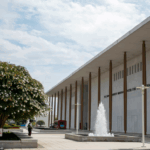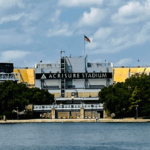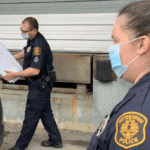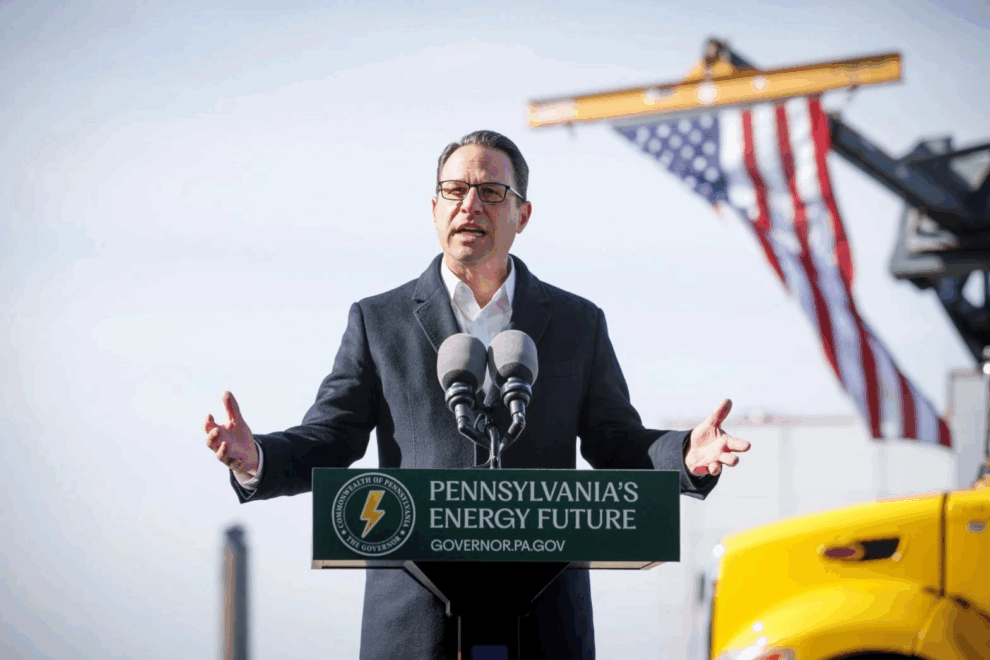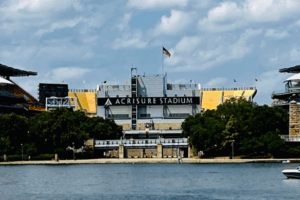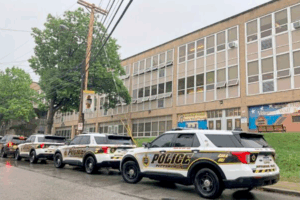The electricity rate in Pittsburgh is expected to rise by 15%.
As of June 1st, a rate increase has been set for the Pittsburgh region and other areas in the state. Pittsburgh will see an electricity rate increase of 15%. Other communities across the Commonwealth are expected to see higher electricity rates in the coming weeks.
At a hearing last Monday, a spokesperson for Duquesne Light Co., who serves Pittsburgh, confirmed that rates for residential and small commercial electricity customers who have not shopped around and are taking “default service” will increase by 15%.
Lawmakers in Harrisburg are engaging in debate over energy sources and Pennsylvania Governor Shapiro’s recent energy proposals.
Shapiro’s six-part energy plan is tied to his 2025-2026 state budget proposal. One of the governor’s proposals is a bill that would increase Pennsylvania’s use of solar, wind, fusion, and other renewable energy sources.
The proposal has come under fire, with Pennsylvania Manufacturers Association President and CEO David Taylor coming out forcefully against it. During Monday’s hearing, he said the proposal “would dismantle our competitive electricity markets.”
Republican Representative Tom Mehaffie of Dauphin County tried to have a similar bill passed in the 2019-2020 legislative session. He said, “We are going to run out of power. Now, that affects your people, me, and everybody else in the manufacturing community,” he said while pointing at Taylor. “No one wants to go through brownouts and blackouts,” he added.
The state Public Utility Commission issued an advisory on Wednesday that projected increases for residential default rates of 12.6% for PECO customers, 40.1% for Wellsboro Electric customers, 16% for PPL customers, and 8.1% for Met-Ed customers as of June 1st.
In a recent interview, state interim Consumer Advocate Darryl Lawrence said “the potential is always there” for brownouts and blackouts. He added that with oversight by PJM and a federal regulator “this is not something that is on the horizon for Pennsylvania in the very near future. There are a lot of safeguards in place.”
Governor Shapiro and the state legislature must pass the budget by June 30th, according to Pennsylvania’s constitution.
Parts of Shapiro’s energy plan that covered tax credits including incentives for energy development, as well as ways for communicates to collaborate on renewable energy projects, have passed the State House so far.


